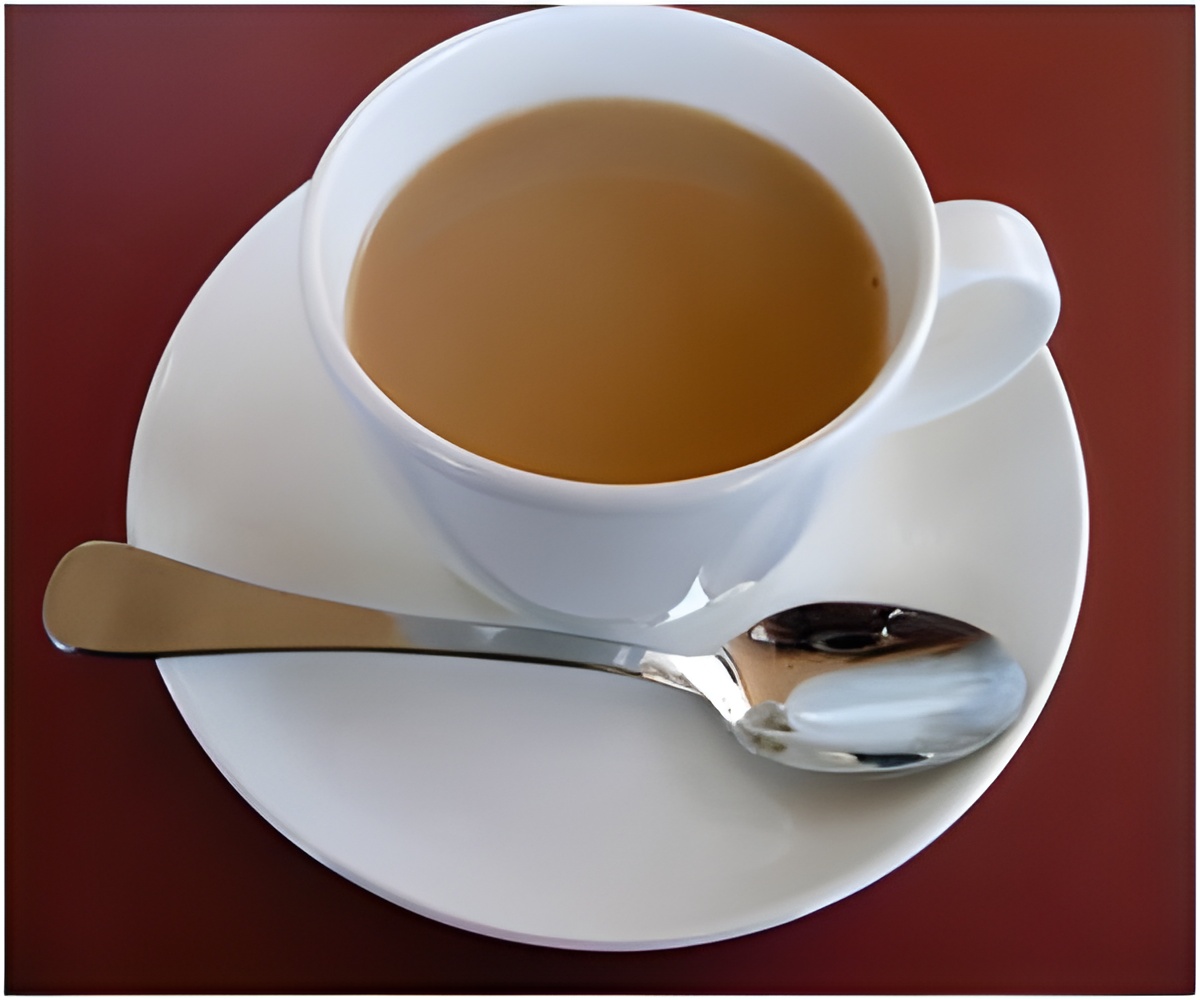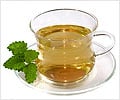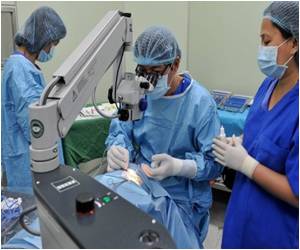In the shadow of a giant Chinese character for tea written in live cypress trees, in Japan, enthusiasts gather once every three years to talk about one of the world's favourite drinks.

For the connoisseur there were tasting sessions where expert blenders guided visitors through the range of teas grown on the slopes of Shizuoka in central Japan; some sweet, some sharp, some citrus and some an eye-watering 300,000 yen per kilogram ($1,500 per pound).
While most teas retail for considerably less than that, the prize blend by the Kakegawa Jonan Tea Industry Union is labour intensive, taking 50 people a whole day to harvest just four kilograms of the delicate buds.
There were also tea ceremonies where the powdered form of Japanese green tea was whipped into a frothing frenzy with a stubby bamboo brush.
"Sado" -- tea ceremony -- is laden with symbolism, from the movement of the hands that spoon the fine dust into the cup to the manner in which it is drunk and the seasonal significance of the colourful compacted sugar cakes that accompany it.
The every day form of strong, slightly bitter green tea is the beverage of choice for millions of Japanese. It is drunk at home, in the office and on the go in ready-made bottles bought from convenience stores.
Advertisement
"It is tea that has created us," he said, calling the festival "a combined celebration of culture and industry."
Advertisement
Shizuoka produces 40 percent of the tea that Japan's 128 million citizens drink.
Like all farmers, tea growers have to contend with their share of troubles.
Tea specialist Hidehiro Inagaki said three years ago around 60 percent of Shizuoka's tea crop was lost to a cold snap.
"If they get too cold, the buds do not come out because the plant saves energy to keep itself warm," he said.
In a bid to keep the cold at bay, rather ugly-looking large electric fans blow warmed air down the avenues of tea bushes. It isn't pretty, say the farmers, but it works.
In the weeks after the 2011 nuclear disaster at Fukushima, when reactors were sent into meltdown after a huge tsunami rolled ashore, a cloud of radiation drifted over parts of Japan.
Some of that radiation made its way into the tea, with at least 162 kilograms of dried leaves seized at a Paris airport after being found to be above safety limits.
Two years after the disaster the Institute for Research on Tea continues to analyse soil samples for signs of contamination.
"This year the central government no longer requires testing, but we continue to do so at prefecture level," said Kazuo Mochizuki, head of the institute, which was founded in 1908 and continues to work on developing new varieties of tea.
Despite the technologies now in play that make harvesting much easier and mean bushes are more resistant to disease and produce higher yields, for farmer Toshiharu Suguira the quintessential nature of tea is what he sees.
In the 40 years since he took over a three-acre farm from his father, the mountainsides with their serried ranks of tea bushes have provided a constant vista.
"Nothing has changed," he said.
Source-AFP











